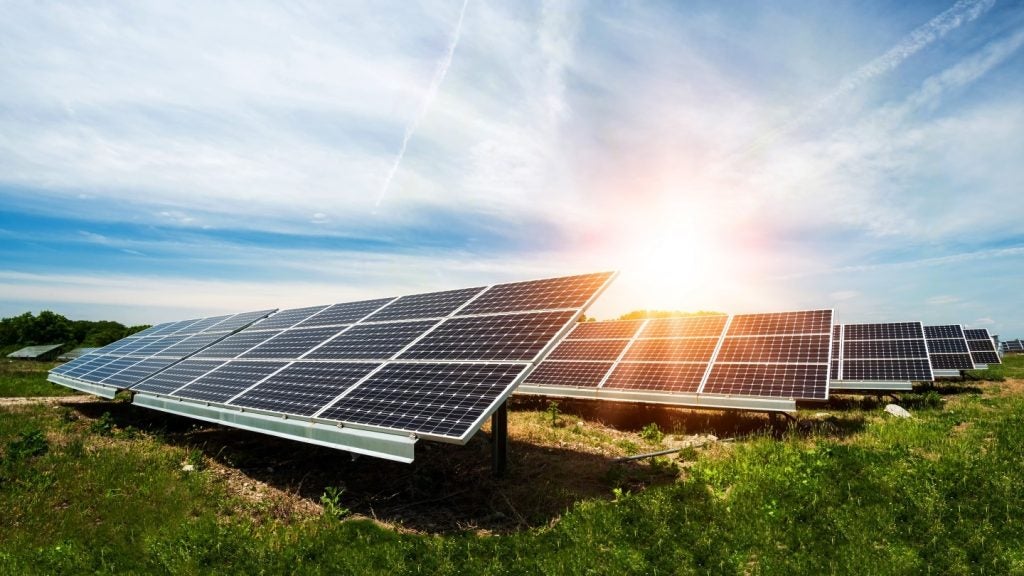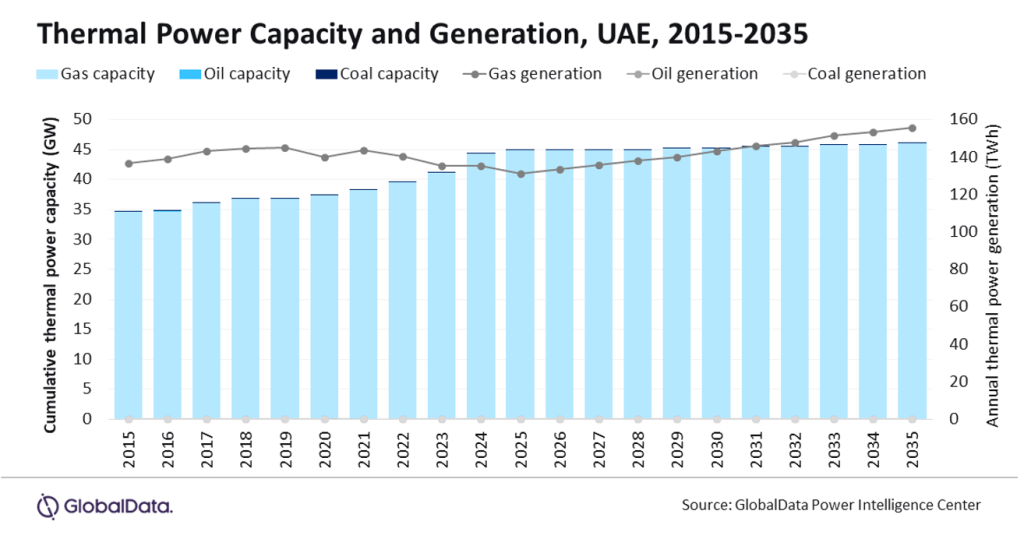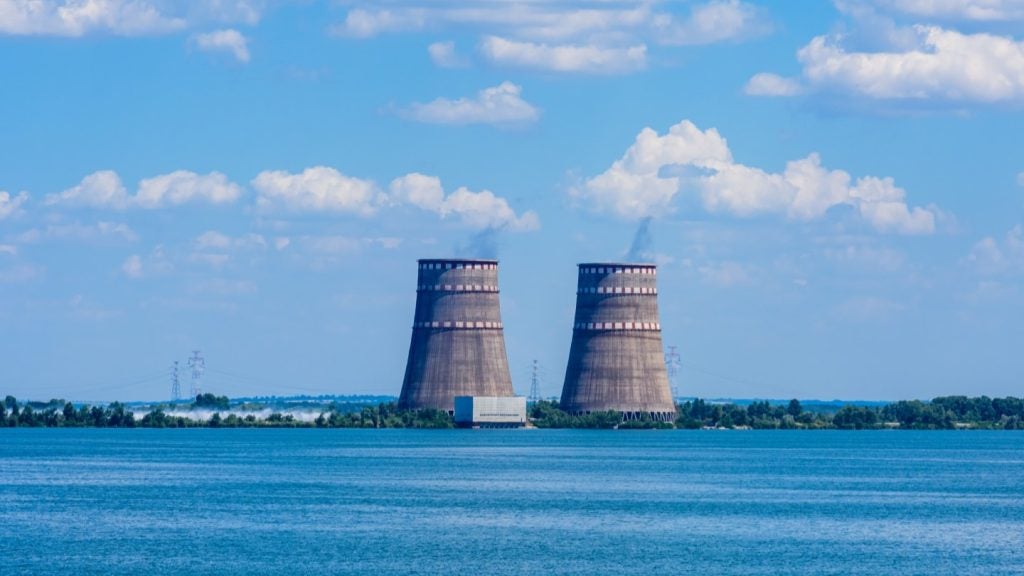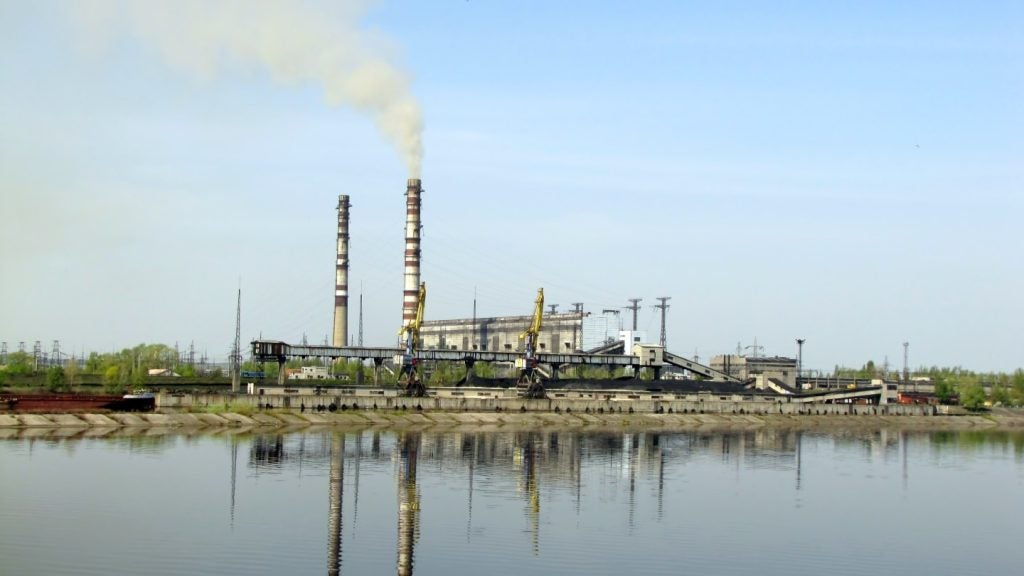The Ca Mau 3 Combined Cycle Power Plant is 1,500MW gas fired power project. It is planned in Ca Mau, Vietnam. According to GlobalData, who tracks and profiles over 170,000 power plants worldwide, the project is currently at the permitting stage. It will be developed in a single phase. The project construction is likely to commence in 2025 and is expected to enter into commercial operation in 2026. Buy the profile here.
Description
The project is being developed and currently owned by PetroVietnam Power. The company has a stake of 100%.
It is a Combined Cycle Gas Turbine (CCGT) power plant.
Development status
The project construction is expected to commence from 2025. Subsequent to that it will enter into commercial operation by 2026.
For more details on Ca Mau 3 Combined Cycle Power Plant, buy the profile here.
See Also:
About PetroVietnam Power
PetroVietnam Power Corp (PV Power), a subsidiary of Vietnam National Oil and Gas Group, is a utility company that generates and distributes electricity. The company produces electricity using crude oil, natural gas, hydro, coal and gas sources. It also offers services that include management, construction and operation of power plants, clean power CDM projects, electric power infrastructure, power generation and trading, consulting and import and export services. PV Power also invests in power projects. The company owns and operates gas and coal-fired thermal, hydropower and wind power projects in Vietnam. Its project portfolio includes CA MAU 1 Gas Thermal Power Plant, NHON TRACH 1 Gas Thermal Power Plant, Dakdrinh Hydropower Plant, Xekaman Hydropower Plant and others. PV Power is headquartered in Ha Noi, Vietnam.
Premium Insights
From

The gold standard of business intelligence.
Blending expert knowledge with cutting-edge technology, GlobalData’s unrivalled proprietary data will enable you to decode what’s happening in your market. You can make better informed decisions and gain a future-proof advantage over your competitors.







